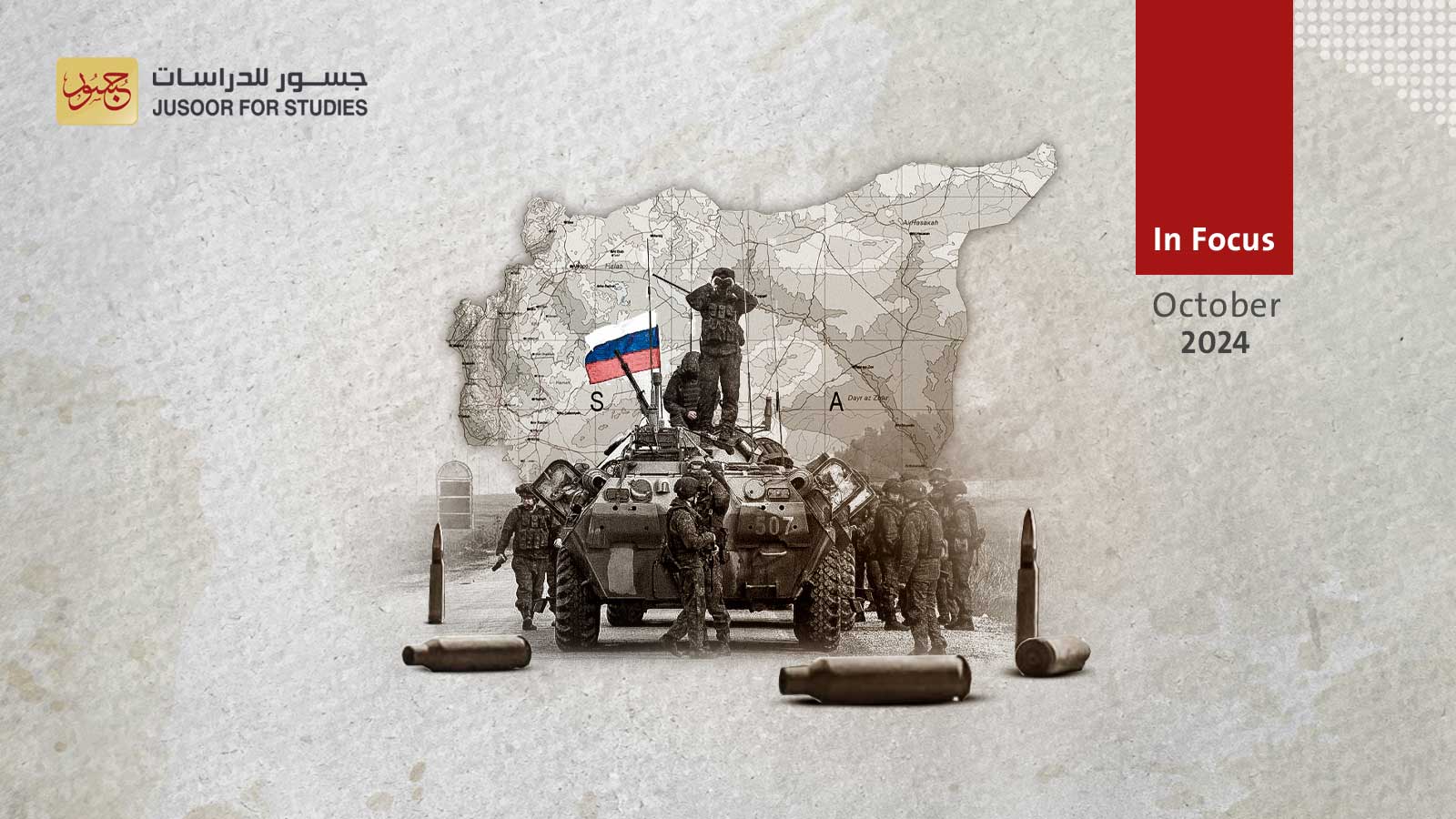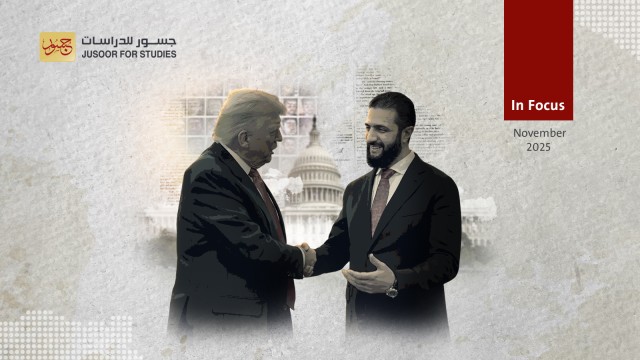Nine Years Since Russia Intervened in Syria, What Went Wrong?
Nine long years have passed since Russia launched a blistering military campaign in support of the Syrian regime, on 30 September 2015. Yet despite the vast resources Moscow dedicated to the operation, its military, economic and security goals remain far from being fulfilled.
Militarily, Russia has failed to upgrade and reform the Syrian army, due to its rivalry with Iran and the regime’s dire economic conditions. The military itself is in acute [PR1] need of new supplies, arms and technologies, as well as replenishment of its exhausted troops. This has pushed the army this year to transform to a volunteer force - a choice which faces considerable obstacles.
Russia has been forced to support the change, as it addresses failings in Moscow’s own plans. Many members of the 5th army corps, created by the Russians, had no military background and were far older than traditional army recruits. For the most part, they were individual infantrymen carrying light weapons or drivers of military transport vehicles.
For all its efforts, Russia was unable to significantly expand regime’s control in Syria. Thirty percent[PR2] of the country remains outside its control, despite the constant use of heavy military force and comparatively developed military technologies. The U.S., Türkiye[PR3] and other international powers objected when Russia inserted itself into the conflict[PR4] , and the Russian government was compelled to limit its [PR5] areas of engagement and sign a de-escalation memorandum in 2017 with Ankara and Washington. Moscow then turned to propping up the regime’s control across the south of Syria, the central region and parts of the north, refraining from any operation that could bring it into direct conflict with Turkish forces to the north or the Americans to the east.
Political and Economic Failures
Russia failed again when it attempted to moved negotiations under UN Security Council Resolution 2254 away from Geneva to Sochi, under the Astana process, after the Assad regime refused to recognise the legitimacy of the ongoing UN negotiations and forced Syrian negotiating parties to withdraw.
Russia then searched for a way to merge its political aims with its military ones, established at Astana in 2016. Once again, it failed. Although it later attempted to rectify this by making the Constitutional Committee a discrete outcome of the Astana process, it faced another setback[PR6] when the UN stepped in to sponsor the negotiations.
Neither have Russian efforts succeeded in breaking Syria’s international isolation on the world stage. Though it has made some limited breakthroughs by normalizing relations with its Arab neighbors, the rapprochement with Türkiye is still faltering. Even where it has succeeded, the Assad regime has still not seen real economic or diplomatic benefits, as the West still refuses to accept any normalization, sanctions relief or reconstruction until tangible political progress is made under Resolution 2254.
Russia has also been unable to cast itself as the mediator between conflicting parties in Syria. The agreements it has brokered are seen as declarations of surrender in the face of excessive military force. Russia cannot be seen as a neutral party on the ground, even as a sponsor of political processes under the auspices of constitutional reform, alongside the UN. Nobody in the Syrian opposition considers Russia to be impartial.
Economically speaking, Russia has yet again failed to deliver for the regime. Syria has still to access international reconstruction funds in exchange for the return of refugees, and has seen little return on its newly normalized relations with countries in the region. Western sanctions have only increased as the Syrian economy has continued to collapse, despite Russian support and investment. Russia hoped to encourage China and India to participate in Syria’s reconstruction, to no avail. It has been unable to activate international transport and trade along the key M4 and M5[PR7] highways, despite concerted (and sometimes military) efforts. Internal crossings have remained closed, while Syria’s only national border crossing that has been opened[PR8] is the Jaber/Naseeb crossing into Jordan, where cross-border transport remains unstable and insecure.
Nine years since [PR9] Russia first intervened, it appears that most of its political and economic aims remain unfulfilled. Large swathes of Syrian territory remain beyond the regime’s control, the Arab normalization process is still incomplete, relations with Türkiye have shown little progress, and the Syrian economy continues to deteriorate as international crossings to the country remain closed.








